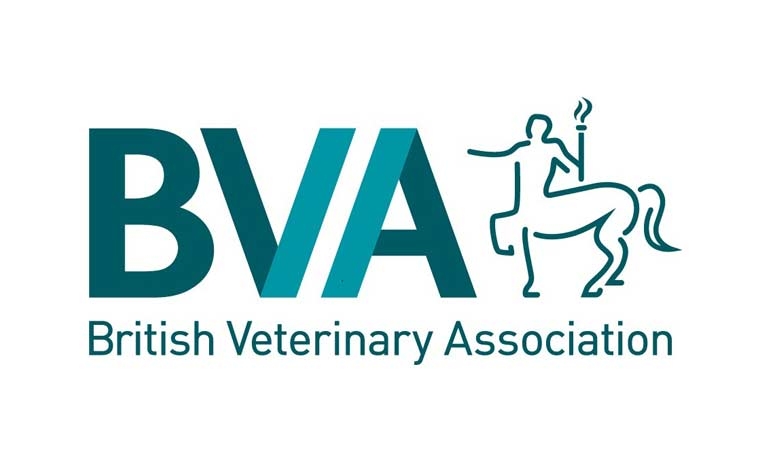
BVA logo
Remember, Remember To Prepare Your Pets Early For Firework Season
With fireworks season fast approaching, the British Veterinary Association (BVA) is warning millions of animal owners to start preparing now if they suspect their pet may become distressed. At up to 150 decibels, fireworks can be as loud as a jet engine and, with many animals particularly sensitive to noise, this can be a traumatic and distressing time of year for dogs, cats and other pets.
If your pet is severely distressed by fireworks or other noises, an early visit to your vet to discuss treatment options can help to keep them calm and reduce their stress in the period around Diwali (24 October) and Bonfire Night (5 November). It is particularly important this year as many vet practices are experiencing staff shortages, meaning owners may need to allow more time to secure an appointment.
A phobia of fireworks can be effectively treated with behaviour-modification techniques, administered with professional input, and owner commitment and patience. For less-severely affected animals BVA is offering simple evidence-based advice to help owners make informed decisions about their pets’ health and welfare this fireworks season.
Five top tips to help keep your pets calm during fireworks:
- Prepare a den for your pet around two weeks before fireworks season and give them praise when they are relaxed there, so they come to view it as a safe retreat.
- Use pheromone products next to the den and around the home. These are scents that we can’t smell but can help to reduce a pet’s stress.
- Provide background noise and close curtains and windows on nights when fireworks are expected.
- Remain calm yourself. Never punish your pet – remember, if they toilet in the house it’s not their fault.
- Move small pets, such as rabbits and guinea pigs, to a quiet place indoors when fireworks are expected, and provide lots of bedding to mask the sounds.
British Veterinary Association President Malcolm Morley, said:
“The loud noises and bright flashes that delight crowds during fireworks season can prove extremely frightening for our pets. We encourage all owners to make themselves aware of the specific symptoms of noise phobia in their animal and to contact their veterinary practice now to discuss any potential issues.
“Veterinary services across the country continue to experience unprecedented pressures and we know that this is making it harder for some clients to get appointments. But the fear responses we see among some pets can be extreme and distressing so if you suspect your pet may be affected, we recommend seeking advice early rather than risking an emergency visit with a traumatised or injured pet.”
Signs of distress can vary among different animals. While some pets show obvious signs such as panting, drooling and attempts to escape, there are also more subtle signs that owners should be aware of, including restlessness, toileting in the house, changes to facial expression, reluctance to be on their own or other changes in behaviour. Cats often hide while rabbits may keep very still and thump the ground with their back feet.
More from BVA
- Nominations now open for BVA Awards 2026
- Open letter: UK veterinary associations call for Cambridge University to reject closure of vet school calling the recommendation ‘premature, flawed and short-sighted’
- BVA calls for open-minded approach to AI use but cautions technology must support, not replace, vet expertise
- BVA: Government’s new Animal Welfare Strategy ‘positive step towards improving the lives of millions of animals’
- BVA raises serious concerns as Cambridge University vet school faces renewed uncertainty

 3 years ago
3 years ago  1083 views
1083 views
